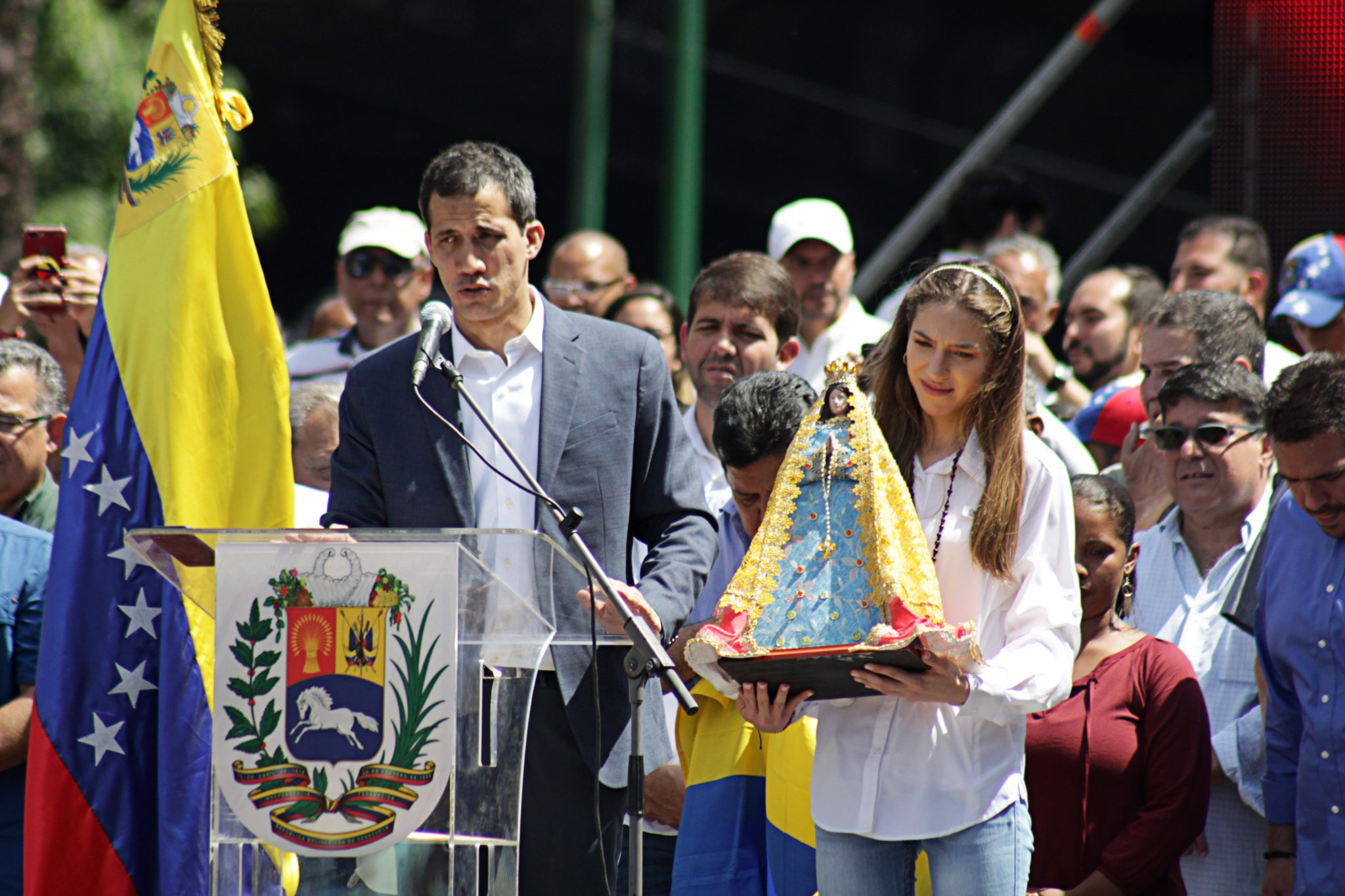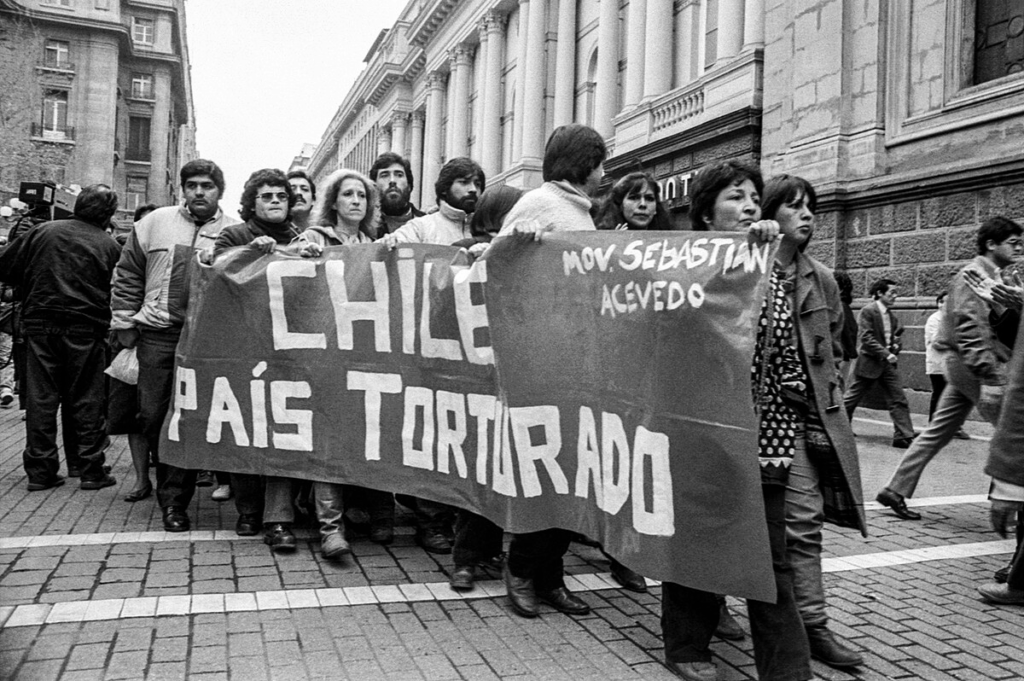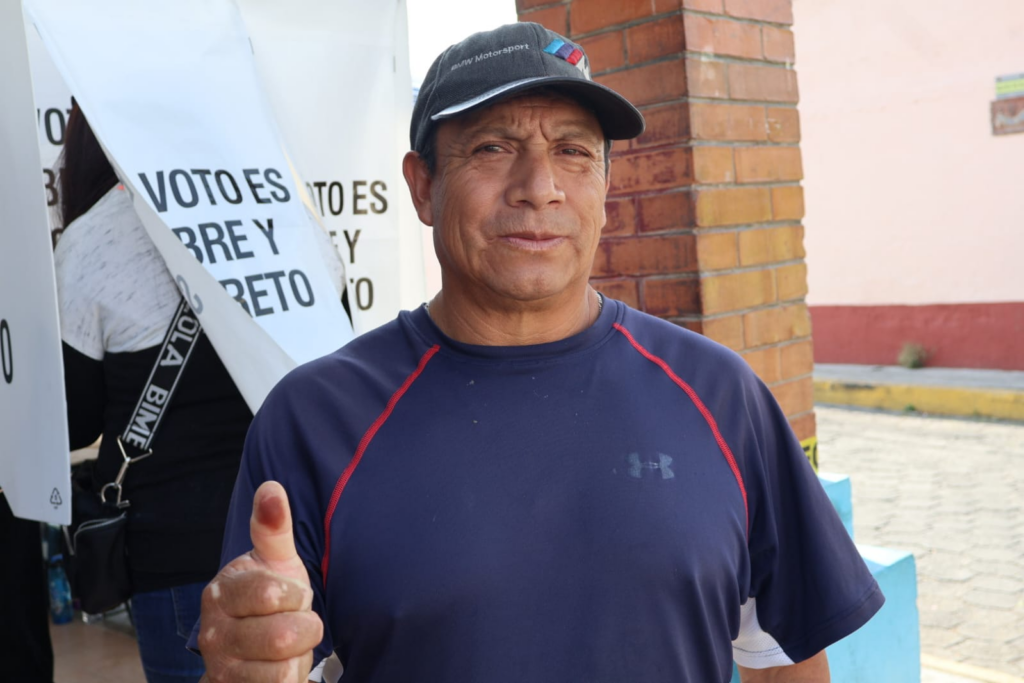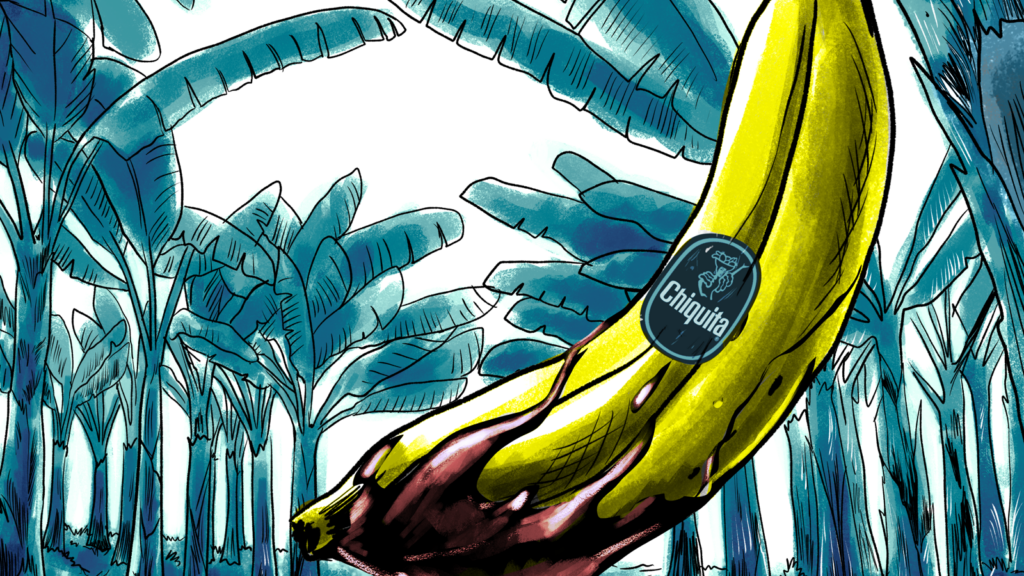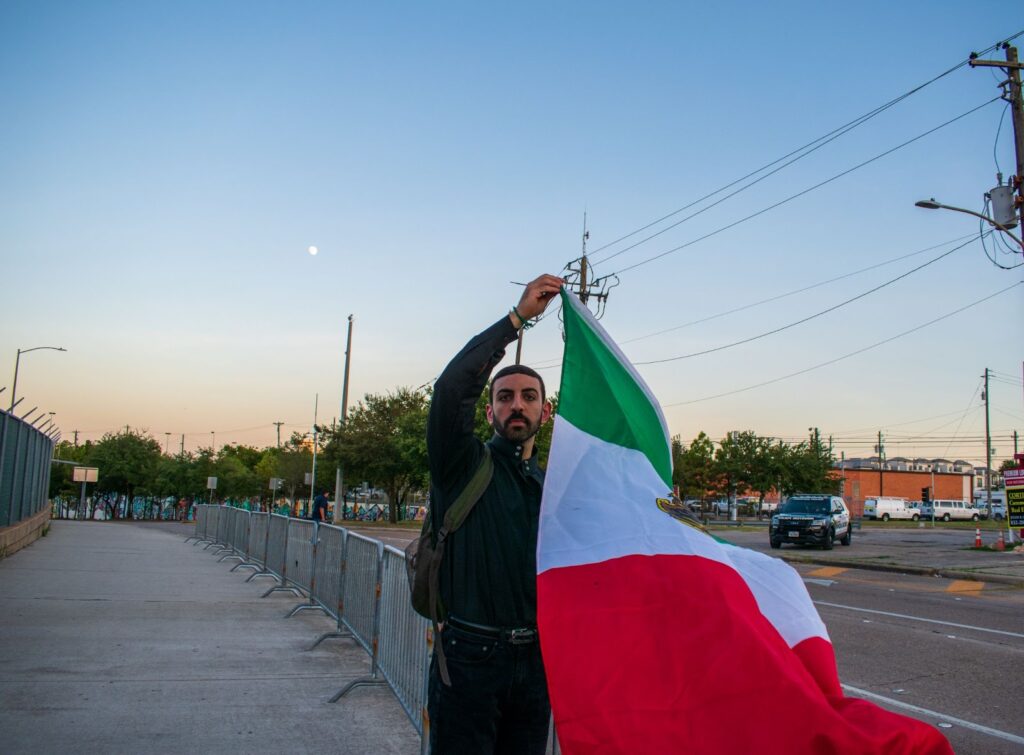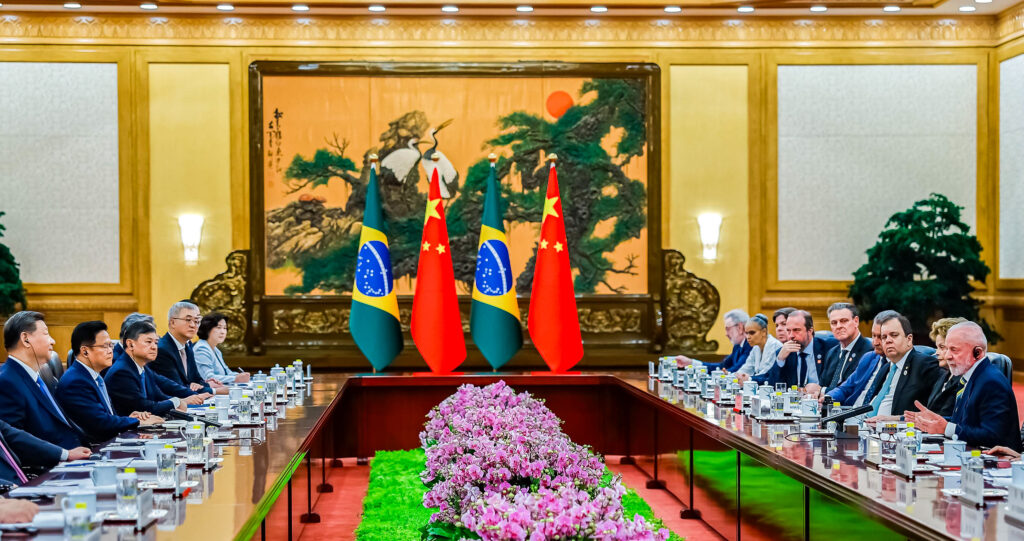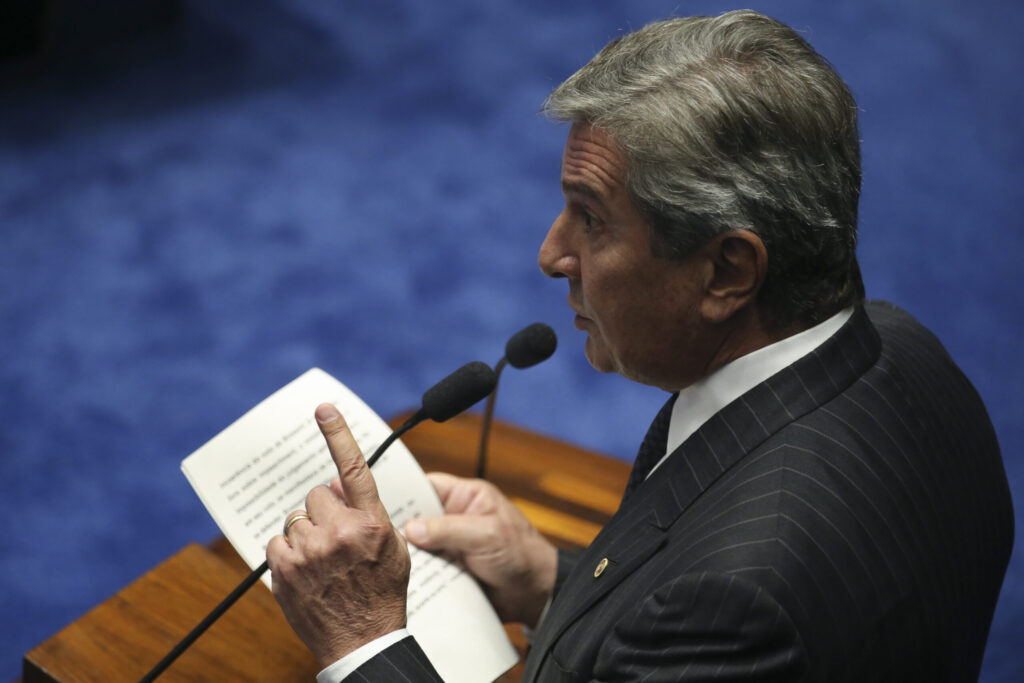Today marks six months since Juan Guaidó declared himself interim president of Venezuela in January, but President Nicolas Maduro has still not stepped down despite rising international pressure.
The two parties are in their third round of diplomatic talks, mediated by the Norwegian government, which are currently taking place in Barbados. A recent press release from the Norwegian Minister of Foreign affairs asked parties to exercise “utmost caution in their comments and statements about the process,” so detailed information about the talks has been scarce.
Al Jazeera reported that if no concrete results are met, the European Union will prepare a new round of sanctions against Venezuela in response to a damning human rights report released earlier this month, which revealed systemic human rights violations such as extra-judicial killings.
Guaidó’s six-month struggle to become president of Venezuela started strong. He used Twitter to organize huge protests and marches across the country to demand Maduro’s resignation. And on April 30, he led a military uprising that he hoped would overthrow Maduro, but ended in disarray when the expected mass-defection from the military did not occur.
Read More: How Guaidó’s Twitter Persuades Thousands To Take To The Streets
In early July, Reuters reported that Guaido’s attempts at gaining civilian support was losing momentum. But despite this trend, Guaidó took to Twitter once again to organize a protest in Caracas on Tuesday to mark half a year of resistance against Maduro’s regime. He has been touring Venezuela extensively in a bid to rustle up support for his cause, which he has named #OperaciónLibertad (Operation Freedom).
Despite an apparent reduction in support for Guaidó, The Guardian reported that polls showed that he has a 57 percent approval rating, far higher than Maduro’s ten percent.
The self-proclaimed interim president has received widespread support internationally, and over 50 countries have recognized him as the legitimate leader of the country. The United States has been the most vocal in this, threatening military intervention, and imposing sanctions on people and businesses, hobbling the country’s economy. According to Bloomberg, this has led Venezuela to sell $40 million dollar’s worth of their gold reserves.
Guaidó’s success heavily relies on the positive outcome of the diplomatic talks between his and Maduro’s representatives, with the hope that fair and independently-run elections will soon take place.
Venezuelan analyst Carlos Piña told Al Jazeera that “some progress” had been made towards “the consolidation of an electoral timetable,” but added that the two parties are still stalling on electoral conditions and Maduro’s removal from power.


